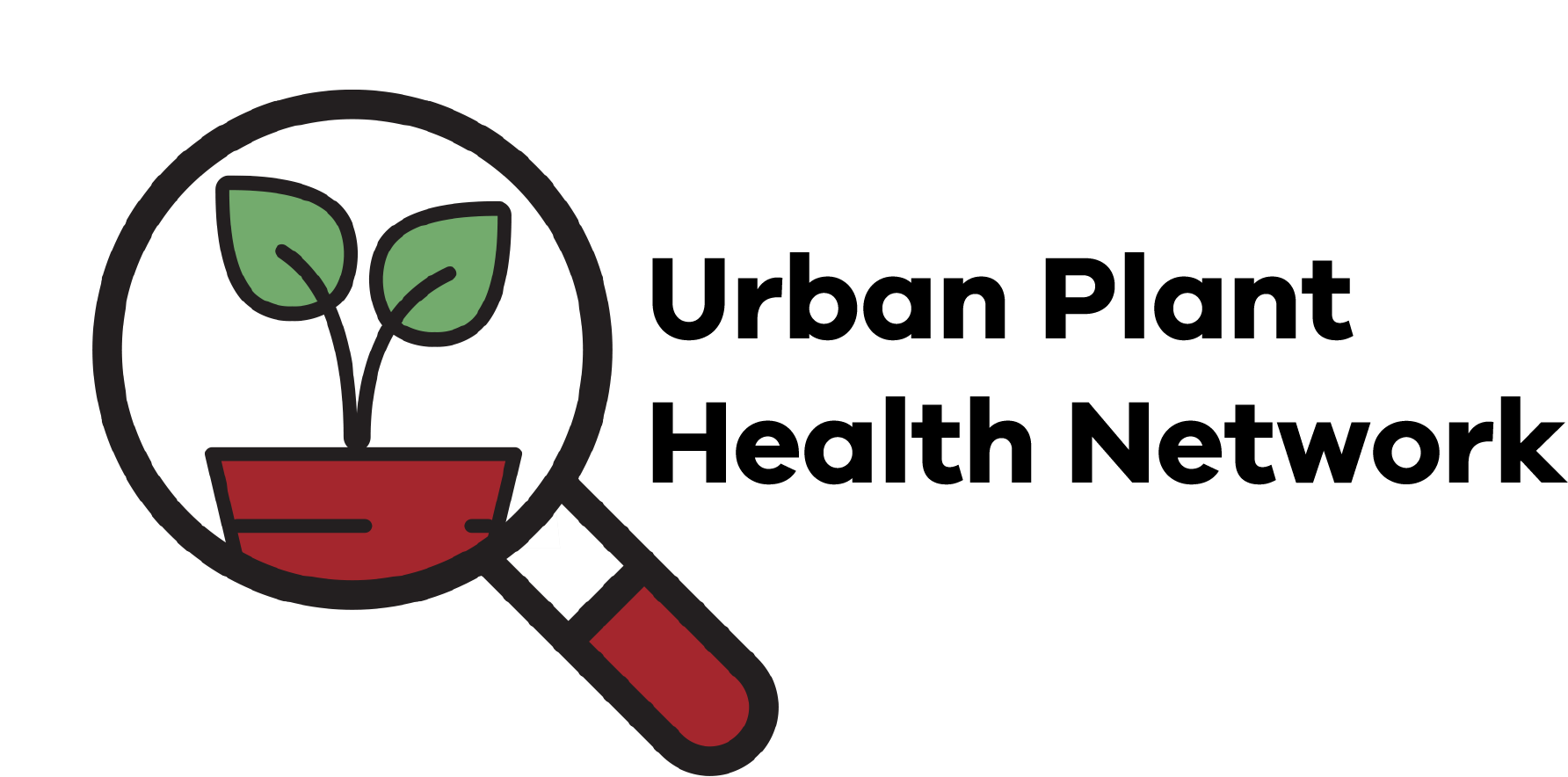Backyard gardeners – make sure you read and follow the label of any chemicals you are using in your garden!
We are staying at home and looking to the garden for inspiration and activities. There’s an increase in vegetable seedling sales at nurseries, which likely means an increase in people needing to treat pests and diseases in their gardens.
Agriculture Victoria regulates the use of all pesticides under the Agricultural and Veterinary Chemicals (Control of Use) Act 1992, including home garden products.
Statewide Specialist Steven Field noted that there are a few simple principles home gardeners need to keep in mind if they choose to use pesticides.
‘Most importantly every pesticide user must read and follow the label of the pesticide they are using. The instructions on the label are there to manage the risks of using that pesticide and if you don’t follow the label you may be increasing the risks to yourself and others unnecessarily’.
Following the label includes:
- Only using the pesticide on crops that are specified on the label under the “Directions for Use”
- Using the right application rate for the specific pest/crop combination
- Using the right Personal Protective Equipment (PPE) as specified on the label
- Following any withholding periods (WHPs) specified on the label
- Adhering to all DO NOT statements listed on the label
Withholding periods are the amount of time that must elapse between when the crop is sprayed and when it can be harvested. Following the withholding periods is critical as it allows the pesticide to breakdown to an appropriate level.
Home gardeners should be mindful of the time of day they are spraying and be aware of possible impacts of pesticide use on foraging bees. Bees are highly susceptible to some pesticide products, so attention must be paid to any label statements relevant to bees.
Home gardeners are also encouraged to explore non-chemical control options, such as introducing beneficial insects, when dealing with pests/diseases. Many of these non-chemical options are highly effective and reduce reliance on pesticides.
By taking the time to do things right, pesticide users can make sure they reduce the risks to themselves and the environment, and grow fresh, delicious produce in the process.
For more information, visit Agriculture Victoria’s chemical use page.

